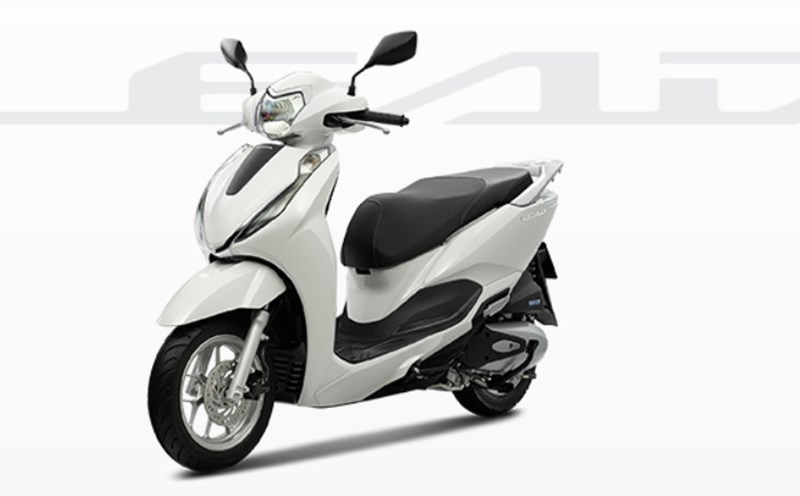Accordingly, the US National Highway Traffic Safety Administration (NHTSA) is investigating more than 290,000 Honda vehicles for issues related to potential errors in the automatic emergency braking system (AEB). The move comes after many reports of accidents and injuries related to the defect.
It is known that since March 2024, the NHTSA's Office for Automobile Invalids Investigation (ODI) has begun to put Honda Insight (2019 - 2022) and Honda Passport (2019 - 2023) models on target. This agency initially only conducted preliminary assessments, but has now been upgraded to a comprehensive technical analysis to further assess the scope, frequency and potential consequences of the AEB error problem.
NHTSA said that the AEB system being activated at the wrong time, in the right place, also known as a virtual emergency, could increase the risk of collision. This poses a great danger if the vehicle is moving on the highway.
The current investigation affects 295,125 Honda vehicles, belonging to the sedan Insight and Passport SUV models. To date, NHTSA has recorded 106 incidents related to the problem of "virtual ghosts", including 8 cases of injuries and 3 accidents.
NHTSA's technical analysis will be the final step before they decide whether to require Honda to issue a recall.
Notably, this is not the first time NHTSA has launched an investigation into Honda models that are likely to have AEB system errors. Previously, in 2024, NHTSA announced the conduct of technical analysis for nearly 3 million Accord, Accord Hybrid, CR-V, and CR-V Hybrid vehicles from the 2017 - 2022 models also because the AEB system can be activated without any clear obstacles on the road.
As for the Honda Insight line under investigation, the sedan, which was intended to be between the Civic and the Accord, has been discontinued after 2022. Meanwhile, the Honda Passport is an SUV above the CR-V and is preparing to enter a new generation with the 2026 version.











